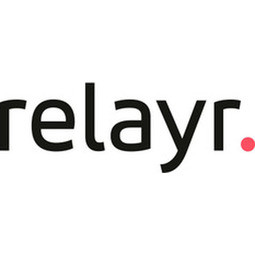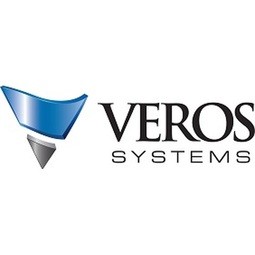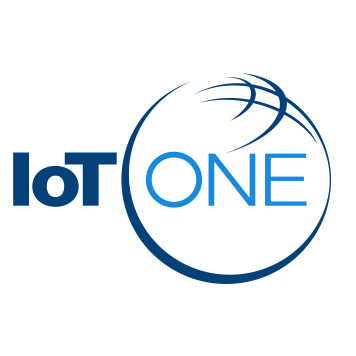
Netdata
Monitor your servers, Containers, and applications, in high-resolution and in real-time.
Netdata collects metrics per second and presents them in beautiful low-latency dashboards. It is designed to run on all of your physical and virtual servers, cloud deployments, Kubernetes clusters, and edge/IoT devices, to monitor your systems, Containers, and applications.
It scales nicely from just a single server to thousands of servers, even in complex multi/mixed/hybrid cloud environments, and given enough disk space it can keep your metrics for years.
KEY FEATURES:
Why Netdata for IoT monitoring?
Netdata is designed with key aspects that make it a lightweight and efficient monitoring tool that is optimized for large-scale distributed systems, including IoT infrastructure.
Decentralized architecture: Netdata is designed to be highly scalable and adaptable to any setup you require since it allows for any combination of the following configurations:
Remote collectors
Headless collectors
Data collection centralization points (can act as hubs)
High availability on reporting nodes, ensuring continuous monitoring even in the event of failures
With Netdata you can easily scale your monitoring infrastructure as your IoT environment grows, without worrying about data overload or processing bottlenecks.
Lightweight operation: is another critical aspect that makes Netdata ideal for IoT monitoring. It is designed to run efficiently on low-power devices with limited resources, such as Raspberry Pi or other microcomputers, making it ideal for monitoring IoT devices that typically have limited power and bandwidth. This ensures that Netdata can collect and process data from IoT devices without adding any significant overhead, allowing for real-time monitoring and analysis without compromising performance.
In more demanding scenarios, where even the OS of devices is compiled and built specifically for them, you are also able to compile your own Netdata Agent. With this possibility you can disabled unended components and make even lighter, e.g. you could compile Netdata Agent it without dbengine, with ML components disabled or disabling non-required plugins.
High data volume and velocity capabilities: these key characteristics allow Netdata to handle large volumes of data from a vast number of devices in real-time, providing insights into system performance and identifying issues quickly.
Metrics collection options: Netata’s ability to integrate with a variety of data collection methods, including SNMP, RESTful APIs, scraping Prometheus metrics, and StatsD provides a flexibility that allows it to work seamlessly with a range of IoT devices, regardless of the communication protocol used.
So, Netdata is capable of collecting a vast number of metrics from various devices or data sources. This includes device temperature, power consumption, network activity, and many other custom metrics. Netdata’s ability to collect a wide range of metrics allows you to monitor the health and performance of your IoT devices comprehensively as well as the IoT infrastructure that supports them.
-
Devices Layer
-
Edge Layer
-
Cloud Layer
-
Application Layer
-
Supporting Technologies
Similar Suppliers.








